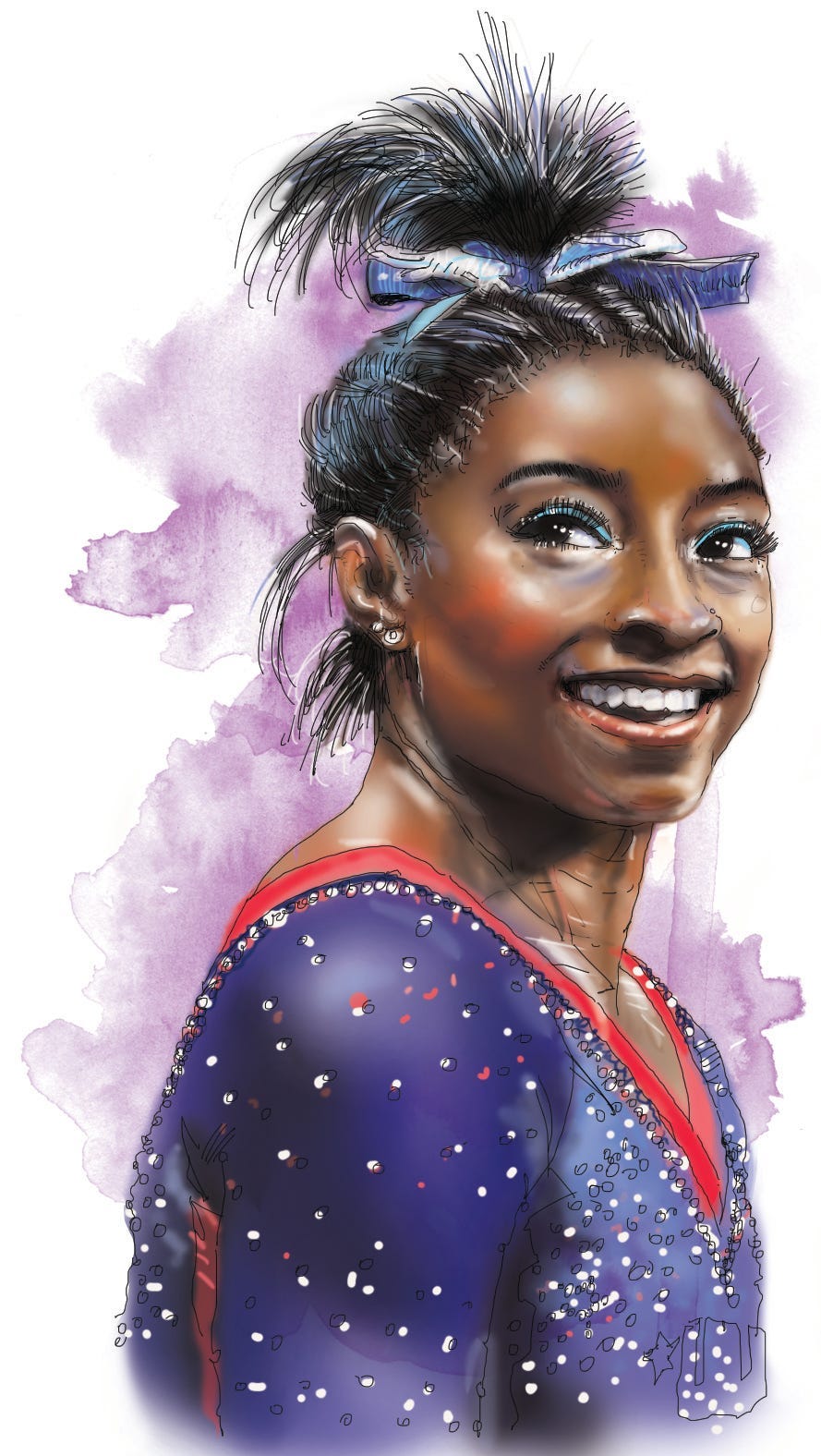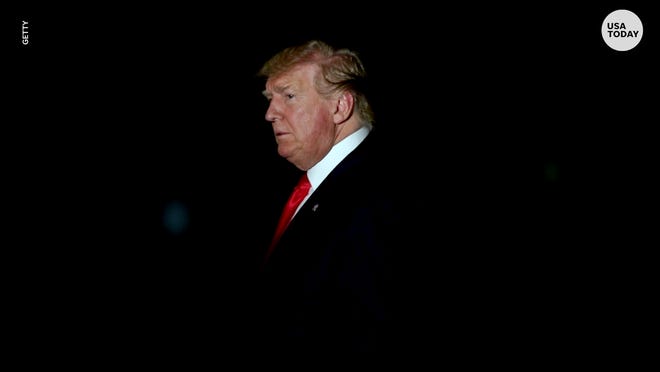

Patriotism in the post-George Floyd era in the USA looks different for everyone. Some find their patriotism unwavering as their personal lives were unaffected by the devastating events that took place during the Summer of 2020.
Other Americans, particularly Black and brown ones, started questioning what patriotism truly means as they saw the murders of people such as George Floyd. Meanwhile, COVID-19 ravaged communities of color at alarming rates.
The Summer Olympics – arguably the epitome of patriotism within sports – was postponed. And here we are. Here I am.
I am Analis Bailey, a sports reporter for USA TODAY. Welcome to this week’s “This Is America” newsletter centered on race and identity and how they shape our lives.
Despite the tiresome year that 2020 was politically, I found myself anticipating the Summer Olympic Games. I felt comfortable posting the American flag emoji on social media for the first time in years. I felt the desire to show others my pride in the country by sporting red, white and blue. I wanted to shout out "'Merica" while preparing Olympics coverage, despite all of the trauma I witnessed as a Black person in 2020.
This is not because I consider myself a patriot, but because I knew the country was going to be represented by Black women.
My newfound patriotism, however, was short-lived once the Games began.
But first, race and justice news we're following this week
A complicated path to supporting Team USA
Heading into the Tokyo Games, Black women dominated headlines, collectively representing various facets of what it means to live in that duality.
Black mothers like six-time gold medal sprinter Allyson Felix were going to shine. Black coaches like five-time gold medalist Dawn Staley had their moment to prove themselves as leaders. Black millennials like swimmer and Olympic medalist Simone Manuel were poised to dominate in predominantly white spaces.
There was an immense sense of joy that these storylines brought. The turmoil of 2020 and the conflicting views of what it means to be Black in America seemed like a faint memory as names like Sha’Carri Richardson, Simone Biles and Christina Clemons started to piece together Team USA.
But once the official rosters were set and the Games began, my joy was gone.
Soul Caps, designed for swimmers with natural Black hair, were banned from the Tokyo Olympics. Gwen Berry was publicly scrutinized by politicians for turning away from the flag while "The Star-Spangled Banner" played during the medal ceremony at the track and field trials.
Richardson was suspended after testing positive for marijuana. Black bodies were policed as discriminatory rules prohibited CeCe Telfer, a Black transgender woman, from competing in the Olympic trials.
What's true patriotism? Supporting Black women of the Olympics
We are one week into the Olympics and the exhaustion of being a Black woman in this country is once again on full display. No longer worried about how to have pride in my country, I am now fully consumed with how far we as a nation have strayedfrom prioritizing our mental health.
Biles, the world's most decorated gymnast, decided not to compete so she can focus on her own mental health – a decision that has been a long time coming.
Citing mental health concerns in her past, Biles has always been open with her personal struggles. And for that, we should applaud her.
On Wednesday night, Biles tweeted, "the outpouring love & support I’ve received has made me realize I’m more than my accomplishments and gymnastics which I never truly believed before."
Biles must still deal with the trauma of being sexually abused by Larry Nassar, the stress of being one of the biggest names in the Games, and the pressure to execute skills in her events that have zero room for error. Taking a step back to protect her mind and her body should not be trivial.
Biles did not cop-out and quite frankly, she owes this country nothing.
Do you know what true patriotism would be in this moment?
Supporting Biles and all of the other Black women of the Olympics.
Contact Analis Bailey at [email protected] or on Twitter @analisbailey.
--
This is America is a weekly take on current events from a rotating panel of USA TODAY Network journalists with diverse backgrounds and viewpoints. If you're seeing this newsletter online or someone forwarded it to you, you can subscribe here. If you have feedback for us, we'd love for you to drop it here.






